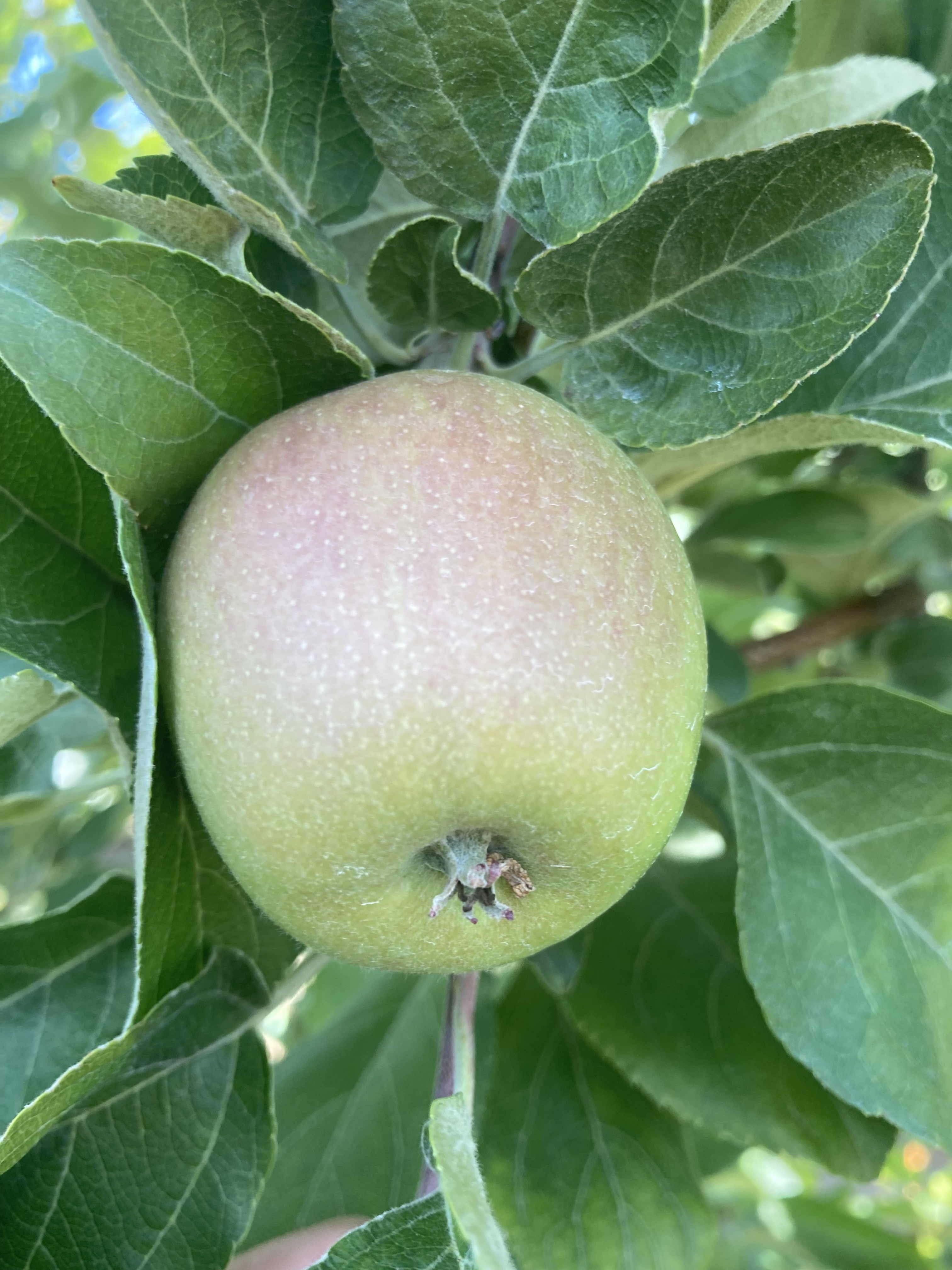Northwest michigan fruit update – July 13, 2022
Sweet cherry harvest is underway throughout northwest Michigan. Tarts are ripening fast, so some growers have also begun tart cherry harvest.

Weather report
The weather has been cooler than normal with some occasional rainfall that has not accumulated very much to the rainfall totals for the season. Conditions have also been cloudy as well as cool for yesterday and today (July 12 and 13). Thursday is predicted to be sunny and dry. Temperatures will warm over the weekend, and there is a chance of thunderstorms late on Friday into Saturday. Next week is also predicted to warm and more like normal mid-July temperatures. Daytime highs are forecasted to be in the 80s next week. The medium range guidance is calling for warmer than normal temperatures with below normal precipitation totals.
We have accumulated 1,644 growing degree days (GDD) base 42 and 1,029 GDD base 50. Our 30-plus-year GDD averages are 1630.8 GDD base 42 and 999.6 GDD base 50.
Crop report
Sweet cherry harvest is in full swing in northwest Michigan. Growers are shaking light and dark sweets in all five counties. With the spotty rainfall, we have seen minimal cracking in sweet cherry. Growers are trying to get sweets off as fast as possible to minimize cracks and the potential brown rot that can move into cracked or bird damaged fruit. Bird damage is high in our high density sweet cherry blocks at the station.
Tart cherries are ripening surprisingly fast this season, and some growers are starting to harvest tarts, especially young blocks where the crop is light. We conducted some pull force measurements on tart cherries, and they are pulling between 200-400 g. The tart cherries are ripening faster than our Benton sweet cherries at the Northwest Michigan Horticulture Research Center.
Apple size is increasing. There is a bit of blush showing up on some of the green fruit here at the station. Honeycrisp are 43 mm in size, and Gala are 39.5 mm. We have heard a few reports of apples being more typey than usual this season.

Pest report
San Jose scale. We caught none this week.
Lesser peach tree borer. We caught an average of 16 this week. We caught an average of 34 moths last week, so numbers are going down, but are still higher than expected. The flight of lesser peach tree borer has been long and drawn out this season.
American plum borer. We caught an average of seven moths this week.
Peach tree borer. We caught an average of 3.5 this week.
Black stem borer. We caught none this week.
Codling moth. We caught an average of 2.3 moths today. Our biofix date for first generation at the Northwest Michigan Horticulture Research Center is June 15.
Obliquebanded leafroller. We caught an average of three moths this week. However, in our sampling, we found small obliquebanded leafroller larvae in tart cherry this week. We have seen this pest be an infestation pest when the larvae get shaken out of the trees into the tanks. Be aware that larvae are now present in cherry blocks.
Spotted wing drosophila. We are in a high risk period for SWD in both sweet and tart cherries. We have been trapping for adult flies, and our trap counts are quite low for today, July 13: zero adult flies. The likely reason for the low trap count is the ripening fruit is competing with the traps, so the traps become far less effective at trapping flies with lots of ripe cherries in the orchard. We are also collecting unsprayed tart cherries to monitor for SWD larvae. So far this week, we have found the following larvae from July 10-13: five, four and 16.
Two-spotted spider mites are showing up on our traps in apple this week.
Disease report
Cherry leaf spot. We have had seven leaf spot infections this season. We have very little leaf spot showing up in our UTC trees at the Northwest Michigan Horticulture Research Center.
American brown rot. Although we have some cracks showing up in sweet cherry blocks with the recent rains, very little brown rot has moved into the damaged fruit. Growers need to be diligent about this disease as it can move quickly from low levels of sporulation to epidemic levels. Indar does not work to control American brown rot due to resistance issues, and we do not recommend using Indar for brown rot control.
Powdery mildew. This hot and dry weather has caused more powdery mildew in apple blocks than usual. We still have not seen powdery mildew show up in the UTC of the efficacy trial.
Apple scab. Primary scab is over in northwest Michigan.



 Print
Print Email
Email
